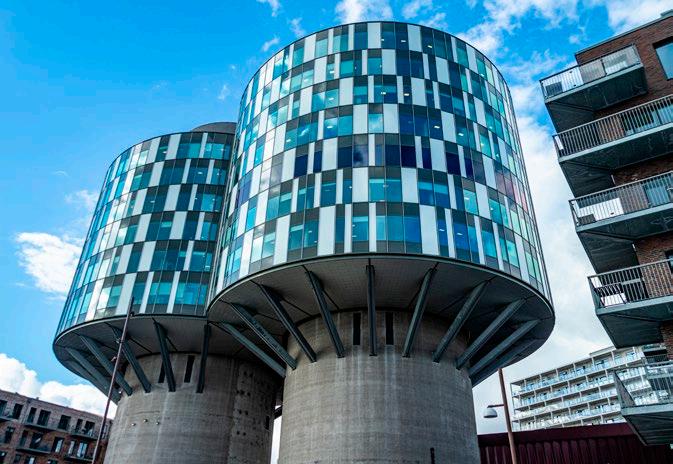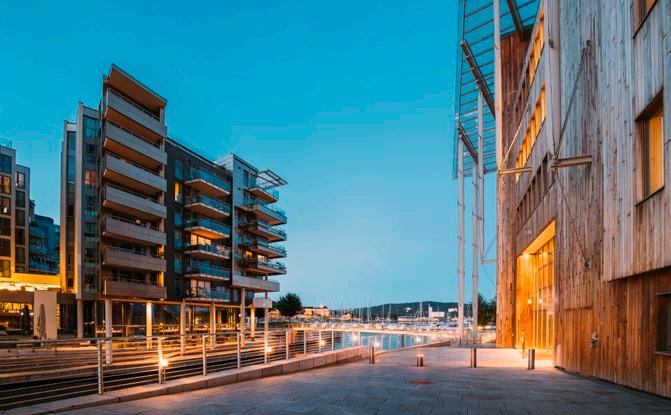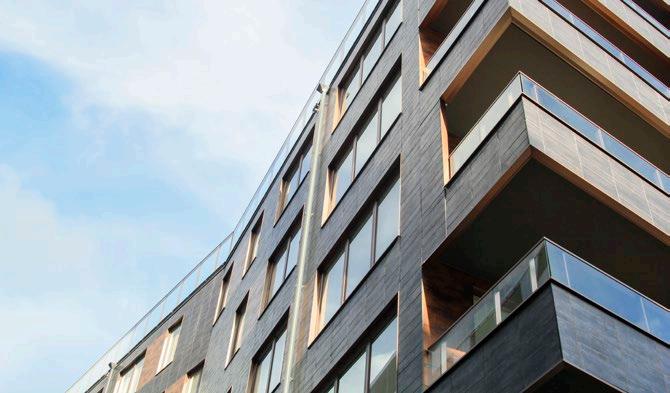● THE LITHUANIAN PROPERTY MARKET NEWSEC PROPERTY OUTLOOK • AUTUMN 2020
THE LITHUANIAN PROPERTY MARKET
Photo: Lords LB Asset Management
RESULTS SHATTER PESSIMISTIC ECONOMIC FORECASTS
Lithuania has managed to bring the covid-19 pandemic under control and the first wave, unlike in some other countries around the world, has been halted. Strict lockdown restrictions were implemented early and in June, many measures could be lifted. Amid initial signs of recovery of the country’s economy, Lithuania’s GDP growth forecasts for 2020 were improved. Nevertheless, a GDP contraction of -5.4% in 2020 is still forecast, followed by growth of 5% in 2021. It is projected that, due to the impact of the pandemic, the unemployment rate will rise to 9.5–11.9% this year, and the average inflation rate for the year will be 0.6–0.7%. The Lithuanian economy remains in a strong state, as can be seen from the country having one of the lowest GDP contractions in Europe in Q2 2020, at just -3.8%.
28
Despite the circumstances, there has been no slowdown on the Lithuanian real estate market. Developers have continued to complete planned projects and proceeded with new construction. The rental market was also more active than expected in the first half-year. The most notable office lease transactions were signed by Western Union for 15,000 sqm and Telia for 7,000 sqm of office space. These were the biggest office signings in Vilnius and in all the Baltic countries in 2020, constituting active expansion of service centres that are already operating on the market. In terms of transaction volume, this remained quite high in H1 2020. Total investment into Lithuania constituted one third of the total Baltics transaction volume, at just over EUR 115 million. This is only 9% less than the same period in 2019.
The office segment was the most active, accounting for more than 85% of total volume in Lithuania. The total annual volume of investment transactions in the Baltic region, including Lithuania, will decrease in 2020. As most investment transactions tend to be concluded in the second half of the year, the reduced activity may cut down the total amount of investments to a level below EUR 500 million in the Baltic region, and EUR 150 million in Lithuania. Contact: Kristina Živatkauskaitė k.zivatkauskaite@newsec.lt










